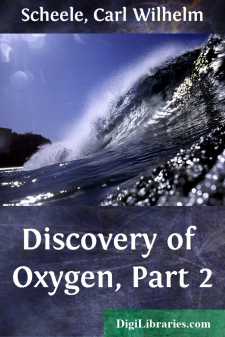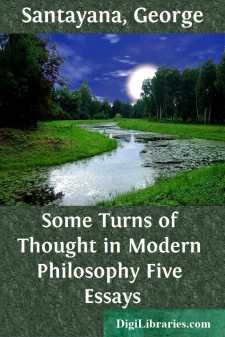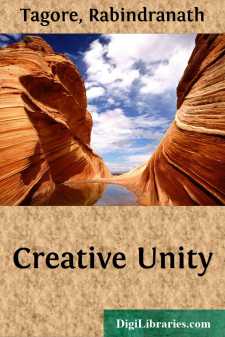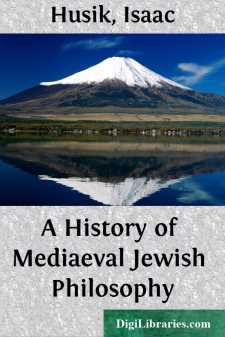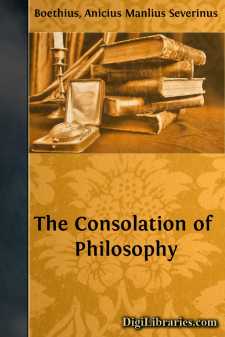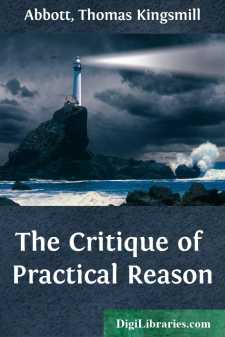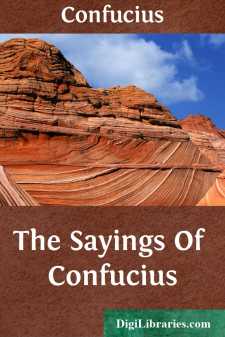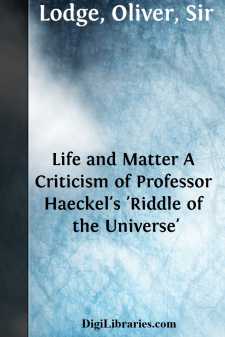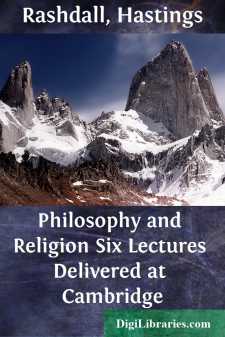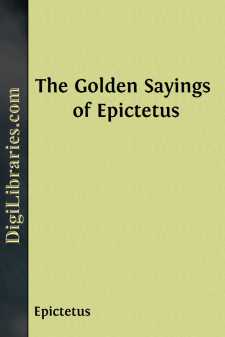Categories
- Antiques & Collectibles 13
- Architecture 36
- Art 48
- Bibles 22
- Biography & Autobiography 813
- Body, Mind & Spirit 142
- Business & Economics 28
- Children's Books 14
- Children's Fiction 11
- Computers 4
- Cooking 94
- Crafts & Hobbies 4
- Drama 346
- Education 46
- Family & Relationships 57
- Fiction 11829
- Games 19
- Gardening 17
- Health & Fitness 34
- History 1377
- House & Home 1
- Humor 147
- Juvenile Fiction 1873
- Juvenile Nonfiction 202
- Language Arts & Disciplines 88
- Law 16
- Literary Collections 686
- Literary Criticism 179
- Mathematics 13
- Medical 41
- Music 40
- Nature 179
- Non-Classifiable 1768
- Performing Arts 7
- Periodicals 1453
- Philosophy 64
- Photography 2
- Poetry 896
- Political Science 203
- Psychology 42
- Reference 154
- Religion 513
- Science 126
- Self-Help 84
- Social Science 81
- Sports & Recreation 34
- Study Aids 3
- Technology & Engineering 59
- Transportation 23
- Travel 463
- True Crime 29
Sort by:
CHEMICAL TREATISE ON AIR AND FIRE. It is the object and chief business of chemistry to skilfully separate substances into their constituents, to discover their properties, and to compound them in different ways. How difficult it is, however, to carry out such operations with the greatest accuracy, can only be unknown to one who either has never undertaken this occupation, or at least has not done so...
more...
by:
George Santayana
I A good portrait of Locke would require an elaborate background. His is not a figure to stand statuesquely in a void: the pose might not seem grand enough for bronze or marble. Rather he should be painted in the manner of the Dutch masters, in a sunny interior, scrupulously furnished with all the implements of domestic comfort and philosophic enquiry: the Holy Bible open majestically before him, and...
more...
Civility is beauty of behaviour. It requires for its perfection patience, self-control, and an environment of leisure. For genuine courtesy is a creation, like pictures, like music. It is a harmonious blending of voice, gesture and movement, words and action, in which generosity of conduct is expressed. It reveals the man himself and has no ulterior purpose. Our needs are always in a hurry. They rush...
more...
by:
Isaac Husik
PREFACE No excuse is needed for presenting to the English reader a History of Mediæval Jewish Philosophy. The English language, poor enough in books on Jewish history and literature, can boast of scarcely anything at all in the domain of Jewish Philosophy. The Jewish Encyclopedia has no article on Jewish Philosophy, and neither has the eleventh edition of the Encyclopedia Britannica. Hastings'...
more...
SONG I.Boethius' Complaint.Who wrought my studious numbersSmoothly once in happier days,Now perforce in tears and sadnessLearn a mournful strain to raise.Lo, the Muses, grief-dishevelled,Guide my pen and voice my woe;Down their cheeks unfeigned the tear dropsTo my sad complainings flow!These alone in danger's hourFaithful found, have dared attendOn the footsteps of the exileTo his lonely...
more...
PREFACE. This work is called the Critique of Practical Reason, not of the pure practical reason, although its parallelism with the speculative critique would seem to require the latter term. The reason of this appears sufficiently from the treatise itself. Its business is to show that there is pure practical reason, and for this purpose it criticizes the entire practical faculty of reason. If it...
more...
by:
Confucius
INTRODUCTION Confucius was born in the year 550 b.c., in the land of Lu, in a small village, situated in the western part of the modern province of Shantung. His name was K'ung Ch'iu, and his style (corresponding to our Christian name) was Chung-ni. His countrymen speak of him as K'ung Fu-tzu, the Master, or philosopher K'ung. This expression was altered into Confucius by the Jesuit...
more...
by:
Oliver Lodge
CHAPTER I MONISM In his recent Presidential Address before the British Association, at Cambridge, Mr Balfour rather emphasised the existence and even the desirability of a barrier between Science and Philosophy which recent advances have tended to minimise though never to obliterate. He appeared to hint that it is best for scientific men not to attempt to philosophise, but to restrict themselves to...
more...
GENERAL INTRODUCTION TO THE SERIES Man has no deeper or wider interest than theology; none deeper, for however much he may change, he never loses his love of the many questions it covers; and none wider, for under whatever law he may live he never escapes from its spacious shade; nor does he ever find that it speaks to him in vain or uses a voice that fails to reach him. Once the present writer was...
more...
by:
Epictetus
I Are these the only works of Providence within us? What words suffice to praise or set them forth? Had we but understanding, should we ever cease hymning and blessing the Divine Power, both openly and in secret, and telling of His gracious gifts? Whether digging or ploughing or eating, should we not sing the hymn to God:— Great is God, for that He hath given us such instruments to till the ground...
more...


